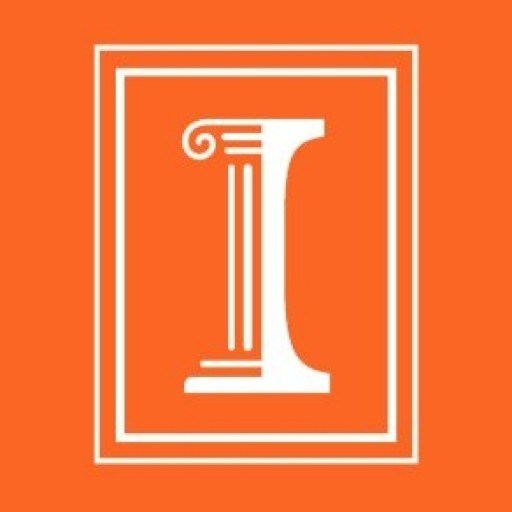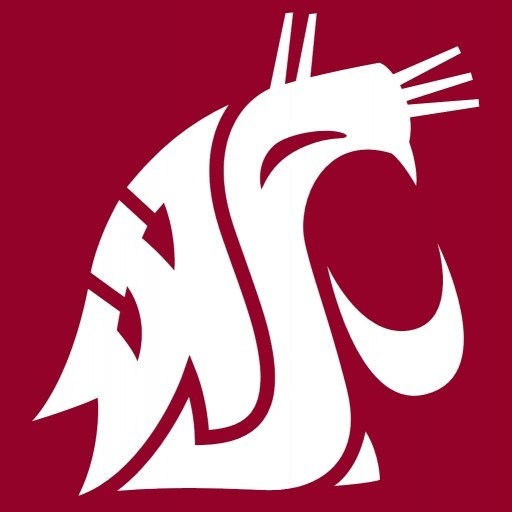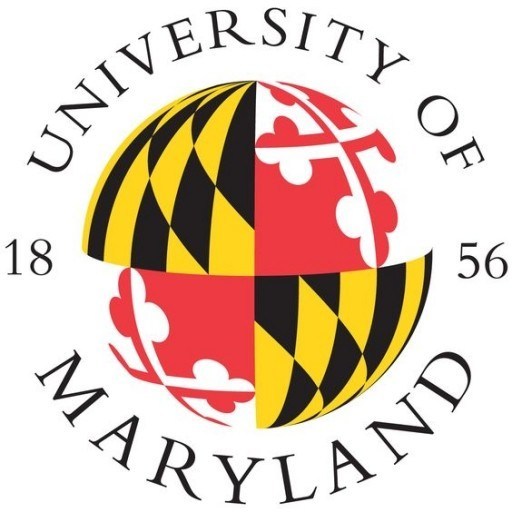Photos of university / #illinois1867
The Bachelor of Science in Accountancy at the University of Illinois is a comprehensive undergraduate program designed to prepare students for a dynamic and evolving profession in accounting. This program equips students with a solid foundational knowledge of accounting principles, financial reporting, auditing, taxation, and managerial accounting, enabling them to meet the diverse needs of businesses, government agencies, and nonprofit organizations. Emphasizing practical skills alongside theoretical understanding, the curriculum incorporates coursework in accounting information systems, ethics, and business law, ensuring graduates are well-prepared for real-world challenges. Students have opportunities to engage in internships, case studies, and experiential learning projects that enhance their professional readiness and foster critical thinking and problem-solving abilities. The program also emphasizes the importance of ethical conduct and professional responsibility, reflecting the standards upheld by various accounting bodies. Graduates of the B.S. in Accountancy are well-positioned to pursue various career paths, including public accounting, corporate finance, internal auditing, and consulting, or to continue their education through master's or professional certification programs such as the CPA. With access to state-of-the-art facilities, dedicated faculty with industry experience, and an active alumni network, students are supported throughout their academic journey and into their professional careers. The program's rigorous coursework, combined with a commitment to fostering leadership and ethical integrity, aims to develop highly competent accounting professionals who can contribute effectively to the global financial landscape.
The Bachelor of Science in Accountancy at the University of Illinois is a comprehensive program designed to prepare students for successful careers in accounting, finance, and related fields. This rigorous curriculum offers a blend of foundational coursework, practical skills, and advanced specialized topics to equip students with a thorough understanding of accounting principles and practices. Throughout the program, students explore key areas such as financial accounting, managerial accounting, auditing, taxation, and accounting information systems. The curriculum emphasizes analytical thinking, ethical considerations, and the application of technology in accounting processes. Students are provided with opportunities to develop critical skills in data analysis, financial reporting, and internal controls, necessary for managing complex financial information in diverse organizational settings.
In addition to core accounting courses, the program incorporates courses in business law, economics, and communication to ensure a well-rounded education. The University of Illinois’s strong industry connections and commitment to experiential learning enable students to engage in internships, case competitions, and real-world projects, fostering practical experience and professional development. The program also emphasizes leadership skills, ethical standards, and effective communication—key attributes for becoming a successful accounting professional.
The faculty comprises experienced educators and industry professionals dedicated to mentoring students and enhancing their learning experience. The program prepares graduates to pursue professional certifications such as the CPA (Certified Public Accountant), CMA (Certified Management Accountant), and other specialized credentials, opening doors to a wide range of career opportunities in public accounting, corporate finance, government agencies, and non-profit organizations. With a curriculum aligned to current industry standards and technological advancements, the Bachelor of Science in Accountancy from the University of Illinois provides a solid foundation for lifelong success in the dynamic field of accounting.
The Bachelor of Science in Accountancy at the University of Illinois requires students to complete a comprehensive curriculum designed to prepare them for careers in accounting, auditing, and financial management. The program mandates the completion of approximately 120 credit hours, including general education, core accounting courses, and electives. Students begin with foundational courses in mathematics, economics, and business principles, which develop their analytical and critical thinking skills. The core curriculum includes introductory courses such as Financial Accounting, Managerial Accounting, and Principles of Auditing, providing a solid understanding of accounting fundamentals and ethical standards. Advanced courses delve into topics like Financial Statement Analysis, Taxation, Business Law, and Accounting Information Systems, enabling students to grasp complex accounting practices and legal considerations. The program emphasizes practical experience through internship requirements and opportunities for involvement in student organizations like the Illinois Accountancy Association. To graduate, students must also complete a capstone project that integrates their learning and demonstrates their proficiency in accounting principles. Additionally, students are encouraged to pursue minors or elective courses aligned with their career interests, such as Finance, Data Analytics, or International Business. The program is accredited by relevant bodies ensuring adherence to academic quality and industry standards. Upon completion, graduates are well-equipped to sit for the Certified Public Accountant (CPA) examination, with many students opting to fulfill the prerequisite coursework during their studies. The program's rigorous and tailored curriculum aims to develop competent, ethical, and innovative accounting professionals ready to meet the demands of a dynamic global economy.
The University of Illinois offers various financial aid options and scholarship opportunities for students enrolled in the Accountancy program to support their educational expenses. Students can apply for federal and state financial aid programs, including Pell Grants, Direct Loans, and Illinois Student Assistance Commission (ISAC) scholarships. The university provides comprehensive financial planning resources to help students understand their funding options and manage their educational investments effectively. In addition to federal aid, the university offers merit-based scholarships specific to accounting students, which are awarded based on academic performance, extracurricular involvement, and leadership qualities. Private scholarships and external funding sources are also accessible, and students are encouraged to explore these opportunities early in their academic journey. Payment plans are available to help distribute tuition costs over the semester, and part-time employment opportunities are provided on-campus to assist students in earning supplementary income. The university's Office of Student Financial Aid provides personalized guidance and manages the application process to ensure students can access the financial support they need. International students and out-of-state residents should consult specific eligibility criteria, as financial aid options may vary based on residency status. The university emphasizes responsible financial planning and offers workshops and seminars on budgeting, loan management, and financial literacy to prepare students for successful financial futures. Overall, the University of Illinois is committed to providing accessible and comprehensive financial support systems to enable students pursuing a degree in Accountancy to focus on their academic success without undue financial burdens.
The Bachelor of Science in Accountancy at the University of Illinois is a comprehensive program designed to prepare students for successful careers in accounting, finance, and related fields. This program emphasizes a strong foundation in accounting principles, financial reporting, auditing, taxation, and managerial accounting, combined with coursework in business law, ethics, and information systems. Students gain practical skills through real-world projects, internships, and opportunities for experiential learning, which are integral parts of the curriculum.
The program is aimed at developing critical thinking, analytical skills, and ethical judgment necessary for accounting professionals. It also prepares students for professional certifications such as the Certified Public Accountant (CPA) exam, providing the necessary coursework requirement for licensure in Illinois and many other states. The curriculum is regularly updated to reflect changing accounting standards, technology advances, and the evolving regulatory environment.
Students in the program benefit from a collaborative learning environment facilitated by experienced faculty members who are active researchers and practitioners in the accounting field. The program offers a variety of experiential learning opportunities, including case studies, simulation exercises, and access to state-of-the-art accounting software and tools. Additionally, students have access to career services, internships, and networking events with alumni and industry partners, aiding in career placement and development.
Graduates of the Accountancy program are well-prepared for diverse career paths including public accounting, corporate accounting, government agencies, non-profit organizations, and consulting. They often pursue graduate studies in accountancy, business administration, or related fields to enhance their expertise and career prospects. The University of Illinois’s strong reputation in business education, combined with its extensive alumni network, provides a competitive advantage for graduates as they enter the professional world.
Overall, the Bachelor of Science in Accountancy at the University of Illinois offers a rigorous and relevant education tailored to meet the demands of the modern accounting profession. The program’s combination of academic excellence, practical experience, and professional development opportunities makes it a top choice for students aspiring to careers in accounting and finance.









